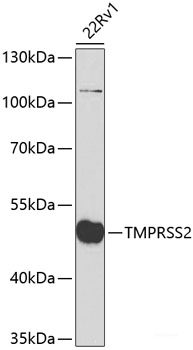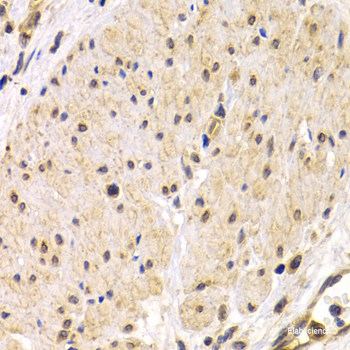TMPRSS2 Polyclonal Antibody
E-AB-61783
| Size: | Price: | $200 | |
| Qty: |
-
+
|
Lead Time: Order now, ship in 3 days
Product Details
| Reactivity | H,M,R |
| Application | WB,IHC |
| Host | Rabbit |
| Isotype | IgG |
| Concentration | 1mg/mL |
| Swissprot | O15393 |
| Synonyms | TMPRSS2,PP9284,PRSS10 |
| Buffer | PBS with 0.02% sodium azide, 50% glycerol, pH7.3. |
| Storage | Store at -20°C. Avoid freeze / thaw cycles. |










